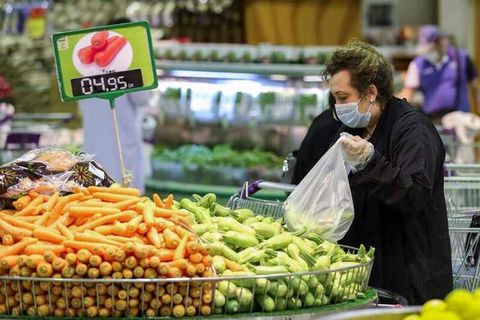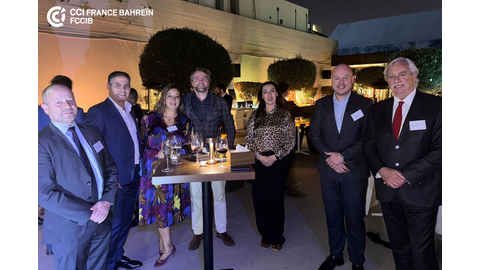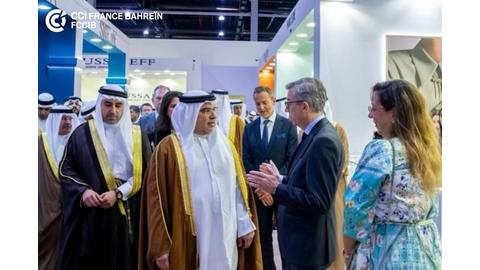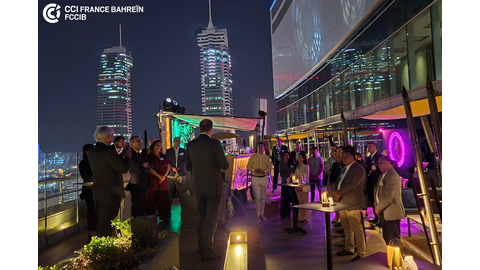Saudi consumer spending spikes after curfew lifted, experts say

RIYADH: Consumer spending in Saudi Arabia jumped by 142 percent in the first week after the curfew was lifted from SR3.25 billion to SR7.85 billion, including the Eid days.
However, newly reopened shops and people released from lockdown were not the only reasons for the spending spree, according to experts.
Marketing, consumption and sociology specialists told Arab News that the spending spike can also be attributed to Saudis’ high purchasing power.
Dr. Hassan M. Somili, an assistant professor in marketing communications, said spending motives differ from person to person, but the most important factor is income level — people with lower incomes tend to spend on basic needs, while those with higher incomes buy more luxury goods.
“The culture of a society comes into play here and has a big impact on an individual’s level of spending. Each society has their own lifestyles,” said Somili.
“For example, people tend to spend more money on food and drinks during Ramadan or when welcoming a guest or throwing a party. It’s part of our Arab culture. People in the West tend to save money and spend less.”
The coronavirus pandemic has decreased demand for travel and hospitality services as people focus on basic needs.
He said recent government procedures pushing an increase in tax and customs tariffs will play a large role in reducing unnecessary consumer spending.
Mohammad Sabbah, a business development specialist, said: “The contracting sector has been negatively impacted while spending has decreased immensely. But compared with the aviation sector, the contracting sector is in a better condition.”
He said that more time is needed to tell how businesses will adapt to the pandemic.
“During pandemic conditions, markets and an individual’s level of spending are likely to be affected, while investors shy away from investing, even in sectors that have seen rising consumer spending levels,” he added.
He believes that business opportunities provided by the pandemic come with risks.
“One of the methods used for companies to overcome this crisis is to cut down on basic expenses, reposition, and reconsider their share within the market,” he said.
Mohammed Al-Hamad, the former chairman of the Consumer Protection Association, said an individual with high purchasing power will spend more on luxuries and frequently visit malls.
He said that more programs should be created to increase public awareness of saving and spending money on essential things, with a greater focus on property ownership and debt management.
“Another priority is college for children,” he added.
Dr. Turki Abdul Aziz Al-Matrouk, an assistant professor of sociology at King Saud University, attributed high consumer spending in Saudi Arabia to high income levels and low prices of consumables relative to other countries.
He said: “The Kingdom has a well-knit and interconnected society and they love to get together and organize banquets and small parties where family members attend. However, the pandemic has forced people to think twice before buying luxurious items.”
Consumer behavior patterns in Saudi society will change as the pandemic subsides, he said, adding, “Saudi families will focus more on saving money and planning for the future.”


